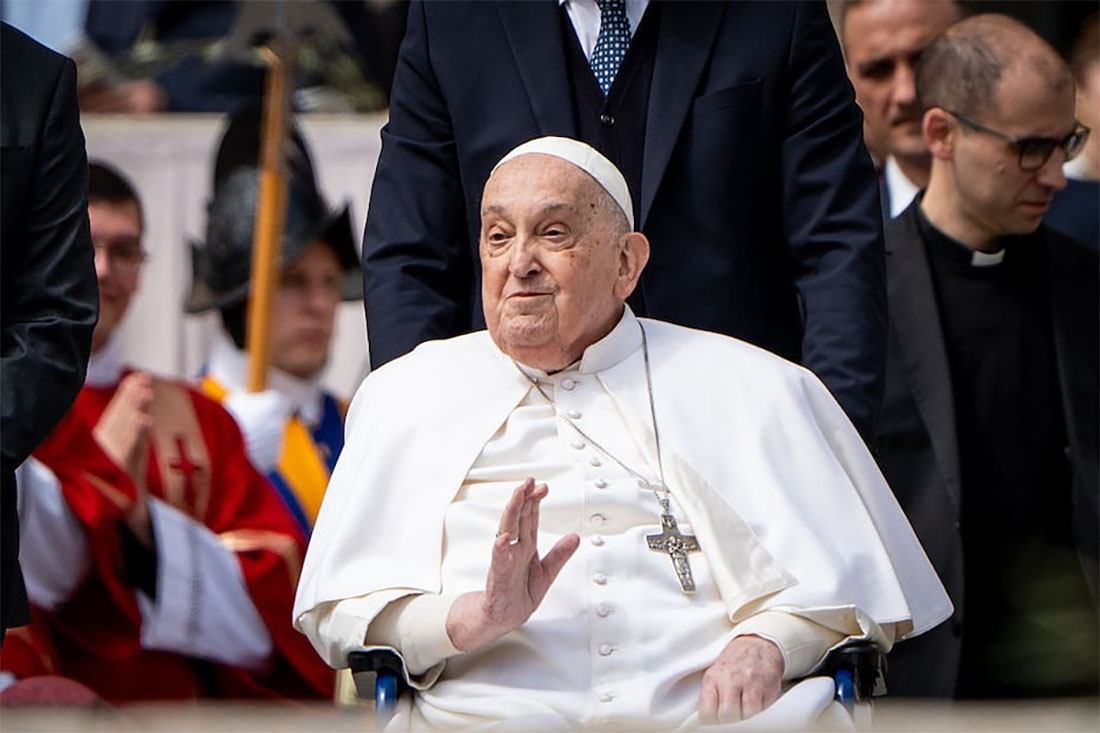
Photo Credit: Getty Images
Cardinals from across the globe gathered today at the Vatican to commence the solemn process of electing a new pope. Following Pope Francis' death on April 21 at age 88, 133 cardinal electors under 80 years of age have sequestered themselves to select the 267th Bishop of Rome.
"The vision is very clear [for] what kind of pope we need in the church and for the world," stated Cardinal Gregorio Rosa Chávez of El Salvador to ABC News. "That is why I think the conclave will be very short, two or three days."
This morning, the cardinals celebrated Mass at St. Peter's Basilica before processing into the Sistine Chapel. The Vatican's security team conducted thorough sweeps to ensure no recording devices would breach the sacred proceedings. As tradition dictates, the bronze doors were sealed, marking the official start of deliberations.
Modern conclaves rarely extend beyond a few days, though historically some lasted years. The cardinals will reside at Casa Santa Marta during the election process, rather than remaining locked within the chapel as was practice in earlier centuries.
Among the 133 electors, 108 were appointed by Francis himself, representing 71 countries including 10 Americans. This global diversity reflects the late pontiff's vision of a more inclusive church.
Observers have named several frontrunners, including Cardinal Luis Tagle of the Philippines, Italian Cardinal Pietro Parolin, Cardinal Robert Sarah of Guinea, and France's Cardinal Jean-Marc Aveline. However, as Bill Cavanaugh, Catholic theologian at DePaul University, noted to PEOPLE: "Anything can happen."
The world will know when a decision has been reached through the traditional smoke signals rising from the chapel's chimney. White smoke indicates a new pope has been elected; black smoke signals continuing deliberations.
According to Vatican protocol, a two-thirds majority is required for election. Once achieved, the chosen cardinal will be asked if he accepts the papacy before selecting his papal name.
Following Francis' death, his residence at Casa Santa Marta was sealed in accordance with tradition, as was the Apostolic Palace, which will remain closed until the conclave concludes.
Kathleen Sprows Cummings, professor at the University of Notre Dame, cautions against overconfidence in predictions: "It could be somebody else. [Benedict XVI] wasn't a front-runner, but he was elected."
As the Catholic world watches and waits, the question remains: which cardinal will emerge onto St. Peter's balcony in papal regalia to greet the faithful gathered below?
















